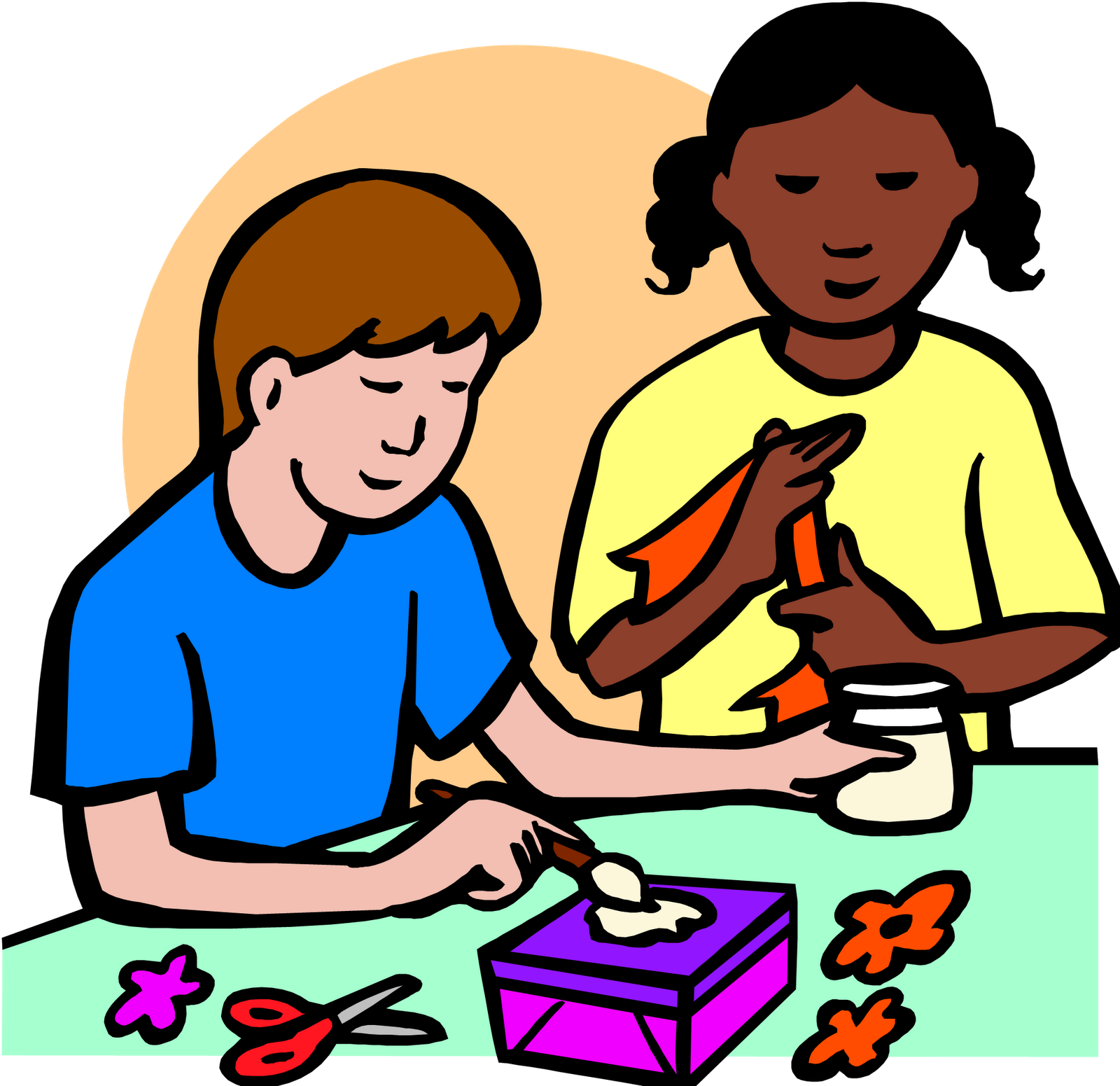Family Bonding Activities: Building Stronger Relationships Together
Understand the importance of family activities
Family relationships form the foundation of our emotional well-being and social development. In today’s debauched pace world, where digital distractions and busy schedules oftentimes compete for our attention, intentional family activities have become more important than always. These share experiences create opportunities for connection, communication, and the building of last memories that strengthen family bonds.
Research systematically show that families who spend quality time unitedly report higher levels of satisfaction and closeness in their relationships. These activities don’t need to be elaborate or expensive — oftentimes the simplest experiences create the virtually meaningful connections.
Shared meals: the ultimate family bonding activity
If there be one activity that experts systematically identify equally virtually beneficial for family relationships, it’s share regular meals unitedly. Family dinners provide a natural opportunity for conversation, connection, and the sharing of daily experiences.
The benefits of family meals extend far beyond nutrition. Studies show that children who regularly eat with their families demonstrate:
- Better academic performance
- Higher self-esteem
- Lower rates of substance abuse
- Better mental health outcomes
- Stronger language development
To maximize the relationship building potential of family meals:
- Make them device free zones
- Involve everyone in meal preparation when possible
- Use conversation starters or games to encourage meaningful dialogue
- Create simple traditions around meals, like Friday pizza night or Sunday brunch
- Focus on the connection, not perfection in the food or set
Evening families with the busiest schedules can prioritize eat unitedly a few times per week, make this perchance the nearly accessible relationship build activity available.
Outdoor adventures and physical activities
Physical activities in outdoor settings offer powerful opportunities for family bonding. Whether it’s hiking, biking, swimming, or merely play catch in the backyard, active pursuits provide multiple relationship benefits:
- Share endorphin release create positive associations with family time
- Natural settings reduce stress and promote open communication
- Physical challenges build trust and teamwork
- Reduced digital distractions allow for more authentic connections
- Create memories in varied settings strengthen relationship bonds
Family friendly outdoor activities that promote strong relationships include:
- Nature scavenger hunts
- Family bike ride
- Camping trips
- Beach or lake days
- Gardening projects
- Neighborhood walks
These activities don’t require special skills or expensive equipment — merely get outdoors unitedly regularly can importantly improve family dynamics.
Game nights: playful connection
Regular family game nights create a relaxed environment where meaningful connection happen course. Board games, card games, and eventide video games play unitedly offer:
- Low pressure opportunities for conversation
- Practice with healthy competition and good sportsmanship
- Cross generational engagement
- Cognitive benefits alongside social ones
- Laughter and share enjoyment
The best games for family bonding include:
- Cooperative games where players work unitedly toward a common goal
- Classic board games that level the playfield between different ages
- Word games that encourage creative thinking
- Card games that can be adapted for different skill levels
- Active games that incorporate physical movement
Establish a regular game night create anticipation and tradition, two key elements in strong family cultures.
Travel and new experiences
Travel unitedly — whether on an extended vacation or a simple day trip — create powerful bonding opportunities for families. Shared new experiences:
- Create novel neural connections associate with family members
- Remove families from routine stressors and patterns
- Present manageable challenges that build problem solve skills
- Expose family members to new perspectives and ideas
- Generate stories and inside jokes that strengthen family identity
Family friendly travel doesn’t need to be expensive or exotic. Consider:
- Weekend camping trips
- Visits to nearby museums or attractions
- Road trips to national parks
- Cultural experiences in neighboring communities
- Staycations with tourist activities in your own city
The key is share novelty — experience something new unitedly create bonds that routine activities sometimes can not.
Creative projects and hobbies
Work on creative projects unitedly engage different parts of the brain and encourage new forms of communication and appreciation within families. Shared creative activities:
- Develop mutual respect for different talents and perspectives
- Create tangible reminders of time spend unitedly
- Build confidence through skill development
- Allow for expression of feelings that might be difficult to verbalize
- Encourage patience and persistence
Family friendly creative activities include:
- Cook or bake projects
- Arts and crafts
- Music (singing, play instruments, or dance unitedly )
- Photography outings
- Building projects (from lLegoto woodworking )
- Gardening and home improvement
These activities allow family members to see each other in new contexts, oftentimes reveal strengths and interests that might differently remain undiscovered.

Source: worldwide creativity.com
Service projects and volunteering
Few activities strengthen family bonds equally efficaciously as serve others unitedly. When families volunteer or complete service projects:
- They develop a share sense of purpose and values
- Children observe parents modeling compassion and community responsibility
- Family members gain perspective on their own challenges
- The focus shifts from individual desires to collective impact
- Gratitude and appreciation for family resources oftentimes increase
Age appropriate family service opportunities include:
- Community clean up events
- Food bank volunteering
- Visit elderly neighbors or relatives
- Participate in charity walks or run
- Create care packages for those in need
- Help with animal rescue organizations
These experiences oftentimes generate meaningful conversations about values, privilege, empathy, and purpose — conversations that strengthen the family’s sense of identity and mission.
Storytelling and family history exploration
Activities that connect family members to their share history and cultural heritage provide a powerful sense of belong and identity. Research show that children who know their family stories and history demonstrate greater resilience and stronger sense of self.
Relationship building activities center around family narrative include:
- Recording interviews with older family members
- Create family cookbooks with stories behind special recipes
- Explore family photo albums unitedly
- Research family genealogy as a team
- Celebrate cultural traditions and explain their significance
- Create family time capsule
These activities help family members understand their place in a larger continuum and oftentimes create natural opportunities for the sharing of wisdom across generations.
Regular one on one time
While group activities are valuable, perchance the about transformative relationship building practice is regular one on one time between different family pairs. This might include:
- Parent child” date ”
- Bible outings
- Special time with extended family members
- Partner date nights for parents
These individual connections allow for:
- More personal conversations
- Tailored activities base on share interests
- Undivided attention that might be difficult in group settings
- Deeper understanding of each family member’s unique personality
- Special bonds that complement whole family relationships
Evening short periods of regular one on one time (15 30 minutes )can dramatically improve specific family relationships and, by extension, the family system as a whole.
Technology free time
While not an activity in itself, create regular periods of technology free family time may be one of the virtually important practices for build stronger relationships. Research systematically show that device use during family time importantly reduce the quality of interactions and connection.
Strategies for meaningful tech free family time include:
- Designate device free zones in the home
- Regular digital detox periods (evenings, weekends, or vacations )
- Technology baskets where devices are collect during family activities
- Model appropriate technology boundaries as parents
- Replace passive screen time with active engagement activities
Families who successfully implement these boundaries frequently report dramatic improvements in communication quality and relationship satisfaction.
Establish family traditions
Regular traditions and rituals provide a sense of stability, belong, and anticipation that strengthen family bonds. These might include:

Source: worldwide creativity.com
- Holiday traditions
- Birthday celebrations
- Weekly or monthly special activities
- Annual trips or events
- Seasonal activities
- Cultural or religious observances
The virtually effective family traditions:
- Reflect the family’s unique values and interests
- Evolve fitly as children grow
- Include elements that everyone can participate in
- Create anticipation and positive associations
- Provide a sense of continuity and stability
These regular practices create a family culture that members carry with them regular when physically separate.
Communication focus activities
Some of the virtually powerful family bonding experiences center explicitly around communication. Activities design to deepen understanding include:
- Regular family meetings where everyone has a voice
- Conversation card games with thoughtful questions
- Appreciation circles where family members express gratitude for each other
- Collaborative decision-making about family matters
- Conflict resolution practice that respect all perspectives
These communication center activities build emotional intelligence, empathy, and the sense that each family member is sincerely see and value.
Implement relationship building activities successfully
For family activities to sincerely strengthen relationships, certain principles should guide their implementation:
- Consistency matter more than perfection Regular simple activities oftentimes have more impact than occasional elaborate ones
- Everyone should have input Family members are more engaged when they help choose activities
- Focus on process over outcome The quality of interaction matter more than the finished product or achievement
- Adapt for different ages and stages The best family activities evolve as children grow
- Minimize distractions Create environments that facilitate genuine connection
- Embrace imperfection Some of the best family memories come from things not go as plan
With these principles in mind, eve the simplest activities can become powerful relationship building experiences.
Conclusion: find the right balance
While share meals systematically rank as the single nigh impactful family bonding activity, the truth is that no single activity work for every family. The about effective approach combine several types of activities that address different relationship needs:
- Regular routines that provide stability (like family meals )
- Active pursuits that create energy and enthusiasm
- Relaxed settings that encourage conversation
- Creative outlets that showcase different strengths
- Service opportunities that build share values
- One on one connections that deepen individual bonds
The virtually important factor isn’t which specific activity a family choose, but instead the intention behind it — create space for authentic connection in a world that oftentimes work against it. When families prioritize relationship building activities, they create resilient bonds that support each member’s development and intimately being throughout life’s journey.



